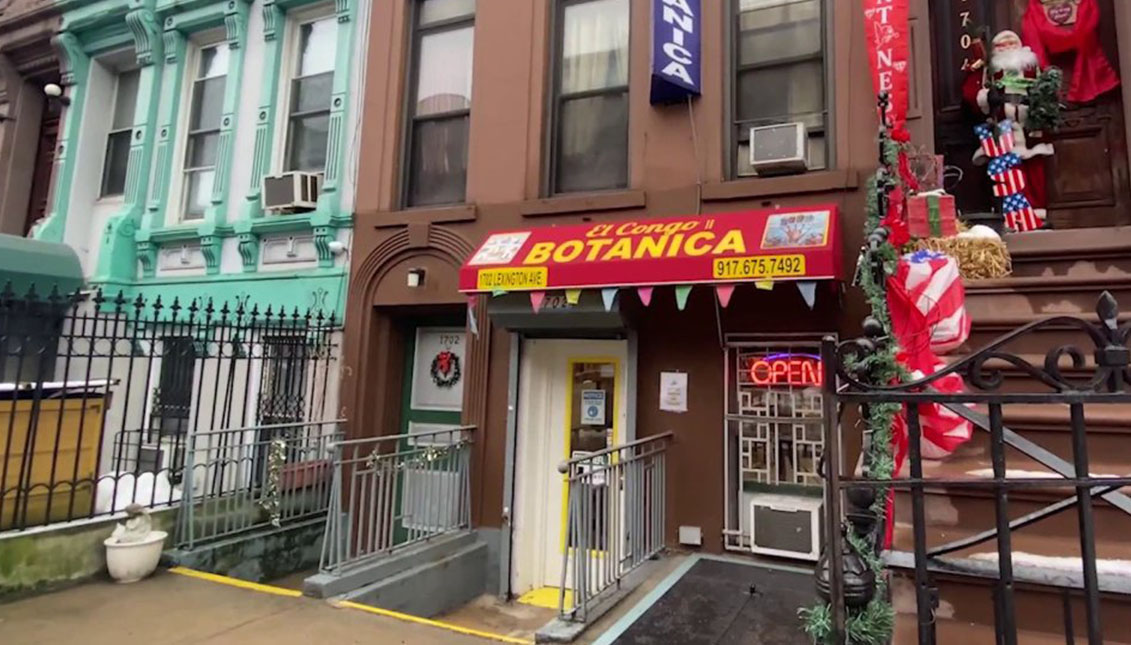
How Latino Botanicas unite the Afro-Caribbean community in times of COVID
From Miami to the streets of the Bronx, these popular remedy stores have become a source of solace and history.
Since the pandemic is here to stay for an indefinite period of time, the Latino remedy stores, popularly known as Botánicas, have seen an increase in the number of customers who come looking for "supposed cures" for the coronavirus.
Health authorities, like the National Health Center, have strongly criticized these practices, warning there is no alternative therapy, essential oil, or tincture that can protect against the virus. The only treatment is the new vaccines.
But many other devotees, mostly Caribbean, also arrive seeking "spiritual" solace - since their origin, these stores have sold candles, effigies, and other items practiced in religions such as Santeria.
"I follow traditional medicine, but I also believe that faith and spiritual protection helps a lot," one customer told the Tampa Bay Times in an article published last summer regarding the rise of these stores in the midst of COVID desperation.
While careful Botánicas owners like Maura Hernandez insist that they do not sell "cures or magic medicines" for the disease, the economic devastation suffered by many families and the anxiety over the high number of sick and deceased - especially among the Black and Latino population - means that Botánicas have become a beacon of faith in the midst of the darkness.
The roots of this type of commerce lie in the history of the Afro-Latino diaspora. To experts like Duke University professor of cultural anthropology J. Lorand Matory, Botánicas are like "temples," the place where many people - mostly Afro-Caribbean, though it is diversifying - go for comfort.
"While the importation of African captives to the United States declined sharply in the late 19th century, it continued well into the 19th century in places like Cuba and Brazil. So there was a continuous renewal of African captives and African culture in Cuba and Brazil," Matory explained to NBC.
RELATED CONTENT
In that way, those who were enslaved in the Caribbean held on to their African culture and religions for a long time, merged them with Christianity - in some cases, this served to hide their own persecuted religious practices - and became steeped in Caribbean identity.
As these people from places like Puerto Rico, the Dominican Republic, and Cuba migrated to the United States, they brought these more spiritual aspects of their culture with them.
"It was Caribbean Latinos, culturally and ancestrally heavily influenced by Africa, who founded these establishments, whose spiritual wisdom is the basis for botanicals," Matory concluded.
At a time of fierce disconsolation, when the world has come to realize that the only certainty is that there is great uncertainty, building community and embracing one's roots is a remedy to hopelessness.
It may not be the cure. Miracles only exist when we make them possible.











LEAVE A COMMENT:
Join the discussion! Leave a comment.